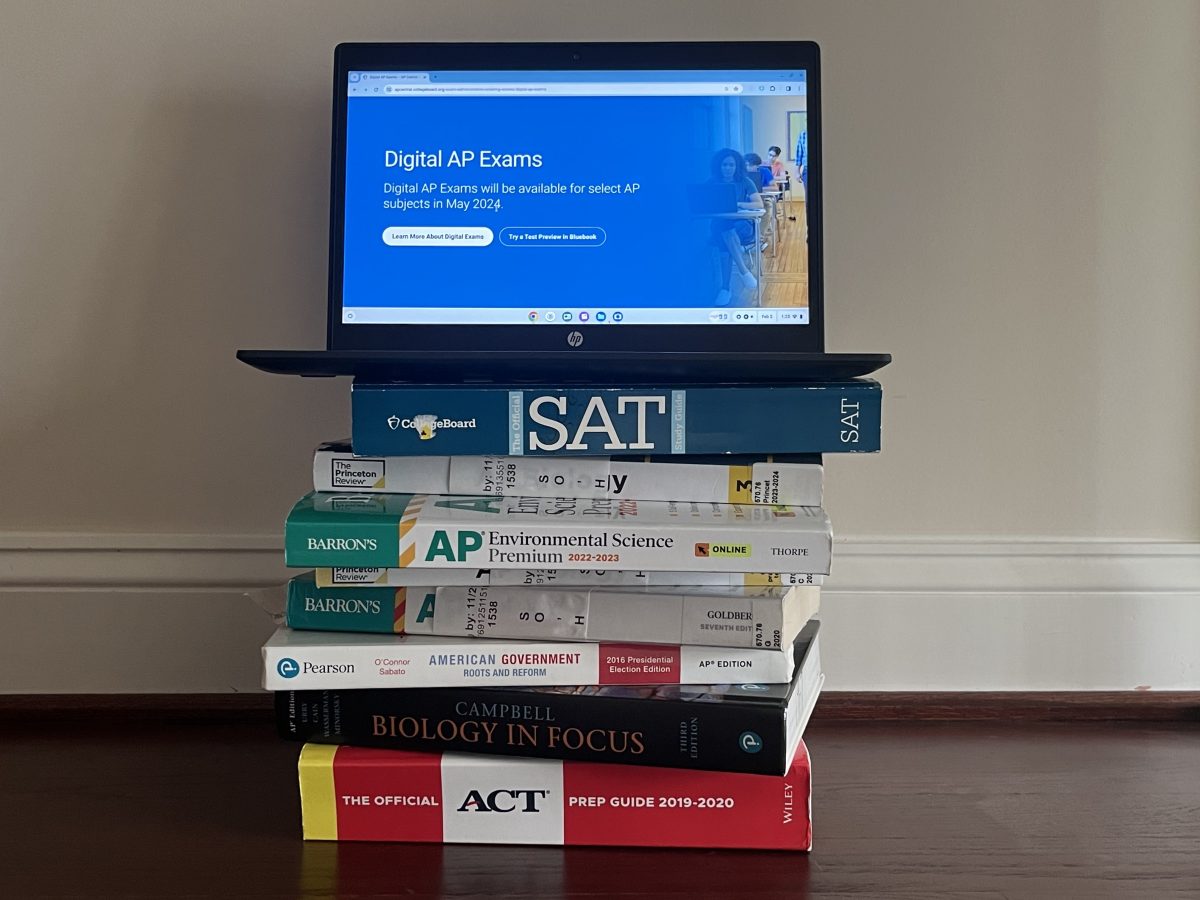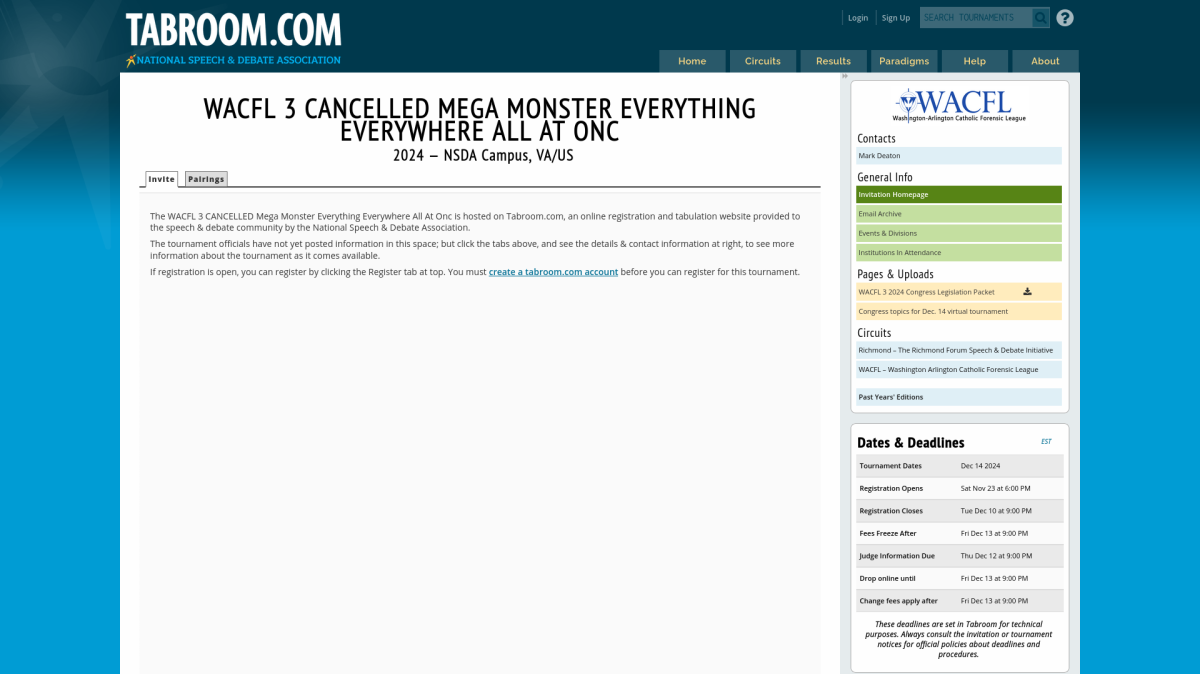In response to the global shift towards digital platforms, the College Board has announced the arrival of digital Advanced Placement (AP) exams. Beginning in May 2023, the following seven AP exams will be available to take in digital format: Computer Science Principles, English Language, English Literature, European History, Seminar, U.S. History, and World History.
The decision to administer digital exams is given to schools and districts as the College Board is offering digital, paper, or a combination of paper and digital exams for students. McLean along with all Fairfax County public high schools (FCPS) will be opting to provide solely digital exams for the courses listed above. Testing will take place on student laptops where the testing app, Bluebook, will be installed.
“FCPS wanted [the testing] to be consistent across the county,” assessment coach Elly Donlen said. “If they gave students options, and again, this is an FCPS decision, then students with paper tests and students with online tests couldn’t test in the same room.”
This decision mirrors the recent change to digital formats for both the PSAT and SAT. The adjustment comes in response to a 2021 pilot project by College Board which disclosed that 80% of students reported experiencing less stress when taking tests online compared to traditional paper and pen.
“It’s very clear that the College Board is going the digital route versus paper and pencil,” Donlen said. “I think they wanted to give students and teachers a few years to get familiar with [online assessments] before that was the only option available.”
Despite these reassuring statistics, not all students and teachers are in favor of the transition to online testing.
“When I type assignments or exams, it gives me too much of a chance to reword my thoughts and go back to just read, overthink, and delete my work,” senior Elise Newgen said. “It also makes it harder to focus as the screen sometimes makes my eyes tired.”
Although teachers have expressed similar sentiments about the importance of paper and pencil when it comes to these exams, especially in subjects such as English where annotation is critical, the online version of the tests do provide few advantages like the ability to go back within a section to review or complete previous questions.
“There are pros and cons [to going digital],” Donlen said. “One thing we are currently running through College Board is keyboard shortcuts because [it would be beneficial to] students to be able to just Ctrl + f to find information quickly.”
As students and teachers navigate this change, the aim is to balance the benefits of digital assessments with the challenges they present, reflecting a commitment to adapting to the changing landscape of education.
“The school appreciates everyone’s flexibility, because making the shift to digitally preparing students for their exams during the middle of the year is incredibly difficult,” Donlen said.








